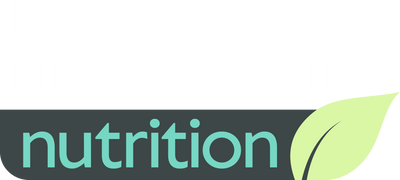Natural heartburn remedies
May 27, 2019
Heartburn is also called acid reflux because it occurs when stomach acid comes into contact with the lining of the esophagus, causing irritation. This can happen when the lower esophageal sphincter (LES)—the muscle that opens and closes between your esophagus and stomach—is weakened or relaxed and doesn't do its job properly.
Some treatments aim to avoid substances that weaken the LES and physical impairment of its function. Other treatments aim to reduce stomach acid production, buffer it, or avoid irritation of the esophagus.
If you experience heartburn and need to use a heartburn remedy more than twice a week, you should see your doctor. You may have gastroesophageal reflux disease (GERD) and your doctor will be able to recommend more effective treatment, including prescription medications.
Drinking alcohol before, during, or after meals can worsen heartburn because alcohol weakens the LES muscle. In addition, drinking alcohol can result in eating more than you intended and making poorer food choices.
Avoid foods and beverages that weaken the LES muscle. These foods include chocolate, peppermint, caffeinated beverages, carbonated beverages, alcohol, fatty foods, and greasy or fried foods.
Avoid foods and beverages that may irritate the esophagus. These include citrus fruits and juices, tomatoes and tomato-based products, chili peppers, and black pepper.
Create a heartburn-friendly diet by keeping a food diary to record which foods are safer for you and which are more likely to trigger heartburn. You may be able to enjoy some foods occasionally or in smaller amounts, while you will find others need to be avoided most of the time.
Sleep with your head and shoulders elevated. Lying down flat presses the stomach's contents against the LES. With the head higher than the stomach, gravity helps reduce this pressure. You can elevate your head a few inches in a couple of ways. Place bricks, blocks, or anything that's sturdy securely under the legs of your bed at the head. You can also use an extra pillow, or a wedge-shaped pillow, to elevate your head.
Wear loose-fitting pajamas
Also in Health

The ultimate guide to how different collagen types support hair growth
October 14, 2025
Collagen supplements can support healthier hair growth. But with different types of collagen available, which one actually works for hair health?

Can collagen help with weight loss and weight management?
October 08, 2025

Can collagen supplements make you fat? Read about calories and weight gain
September 22, 2025
Sign up to get the latest on sales, new releases and more…

